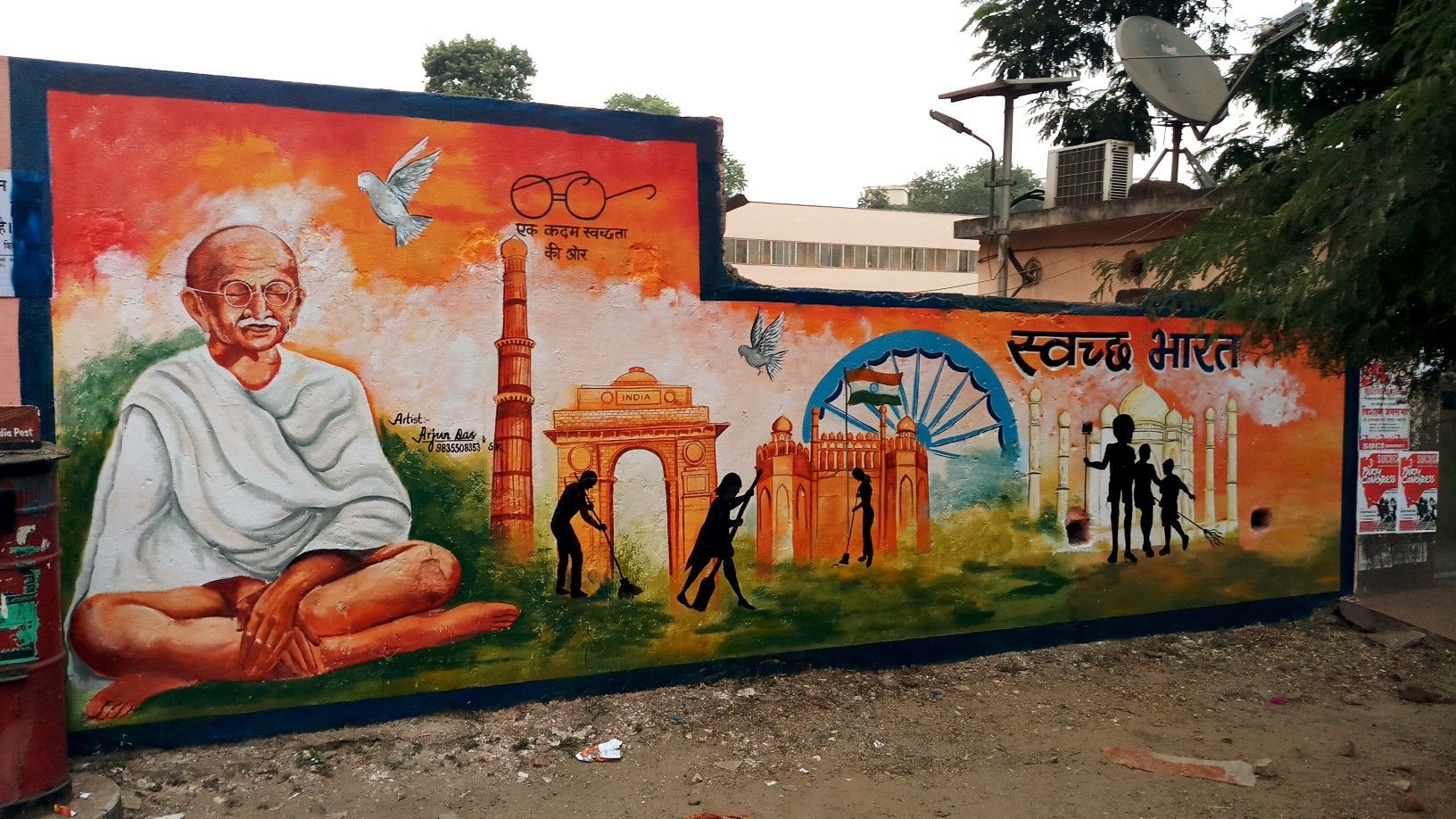- Authors: Diane Coffey, Dean Spears, and Payal Hathi
- Published in: Waterlines
- Download paper
Abstract
The UN Sustainable Development Goals call for the elimination of open defecation by 2030. Assessing global progress will require learning from India’s sanitation efforts because of its ambitious program of high-profile behavior change messaging to tackle open defecation, and because open defecation is widespread in India. In 2014, the Prime Minister announced a policy called the Swachh Bharat Mission (SBM), which aimed to eliminate open defecation by 2019. However, the 2015–16 National Family Health Survey –4 found that about 55% of rural and 11% of urban Indian households lack a toilet or latrine. To assess the extent of public awareness of the SBM, we use a mobile phone survey to ask about people’s knowledge of the existence and purpose of the SBM. We report representative estimates of awareness of the SBM among adults in Delhi (2016), Uttar Pradesh (2016), Mumbai (2016–17), Rajasthan (2016–17), Bihar (2018), Jharkhand (2018), and Maharashtra (2018). While much of the SBM’s activities took place in its last two years, we find that, at the time of the survey, no more than one-third of adults in any state are aware that the SBM intends to promote toilet and latrine use. Awareness was particularly low in Uttar Pradesh, where one in eight people who defecates in the open worldwide lives. While the SBM was very active in constructing latrines, the lack of awareness we find suggests that the SBM was less successful in raising the awareness required for large-scale behavior change in promoting latrine use.

